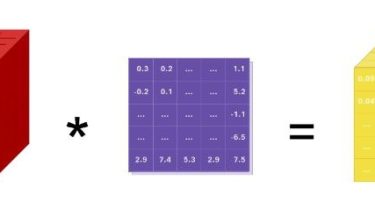IceCream: Never use print() to debug again
IceCream — Never use print() to debug again Do you ever use print() or log() to debug your code? Of course you do. IceCream, or ic for short, makes print debugging a little sweeter. IceCream is well tested, permissively licensed, and supports Python 2, Python 3, PyPy2, and PyPy3. Inspect Variables Have you ever printed variables or expressions to debug your program? If you’ve ever typed something like or the more thorough print(“foo(‘123’)”, foo(‘123’)) then ic() is here to help. […]
Read more


